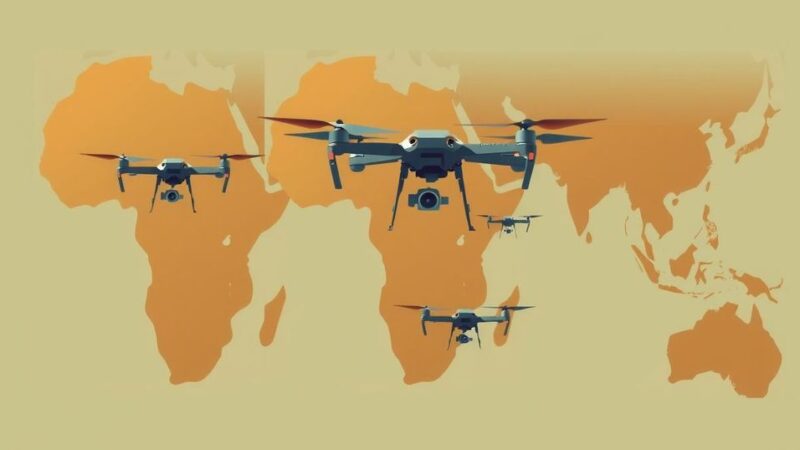Tanzanian media is hesitant to embrace AI due to concerns about misinformation, job security, and a lack of training. A recent study reveals that most journalists desire AI education but find existing resources inadequate. The perception of AI as a competitor rather than an aid contributes to its slow adoption. The report stresses the need for policy and structured training to foster responsible AI integration in journalism.
In Tanzania, the integration of artificial intelligence (AI) in media remains a significant challenge. A recent study supported by Unesco reveals a considerable lack of awareness and literacy regarding AI among media professionals. Journalists express concerns about job security and the ethical implications of AI use, with much discussion focused on the potential increase in misinformation and disinformation.
Despite the challenges posed by AI, many Tanzanian media professionals acknowledge that AI technologies are already embedded in their practices. Journalist William Shao emphasized, “The power of AI is mental. It’s making fake stuff look real and real stuff look fake…we need to wise up and be careful.” The report, titled “The State of Artificial Intelligence for Media Development in Tanzania,” was prepared by Tech & Media Convergency in collaboration with Unesco’s International Programme for the Development of Communication.
Of the 350 media professionals surveyed, a vast majority (95%) expressed a desire for additional training in AI as a journalism tool, although structured programs are currently lacking. Alarmingly, only 22% of management had formally raised the issue of AI policy introduction, contributing to widespread uncertainty. While 73% perceived AI as transformative, 40% were concerned about its potential to misinform.
The report advocates for the proactive integration of AI to enhance newsroom efficiency, rather than viewing it solely as a replacement for human roles. It highlights successful applications of AI in automating tasks and enhancing research capabilities. Yet, it urges media organizations to safeguard content originality and maintain audience trust amidst burgeoning AI technologies.
Significantly, the study points to the absence of locally tailored AI training programs as a barrier to adoption. Existing courses tend to be Western-centric, overlooking local challenges and datasets. Furthermore, the entrenched mindset among journalists, who perceive AI as competition, contributes to the inertia against its integration. The report illustrates fears of automation displacing traditional roles, underlining a distrust of AI systems in the editorial process.
Tanzanian media professionals face significant obstacles in embracing artificial intelligence due to limited awareness, fear of job displacement, and ethical concerns regarding misinformation. The recent study highlights strong interest among journalists for AI training and the necessity of developing tailored programs. However, a perception of AI as a competitor rather than a supportive tool hinders its acceptance in newsrooms. It is crucial for the media sector to adapt while prioritizing audience trust and content originality amidst these technological advancements.
Original Source: www.zawya.com






